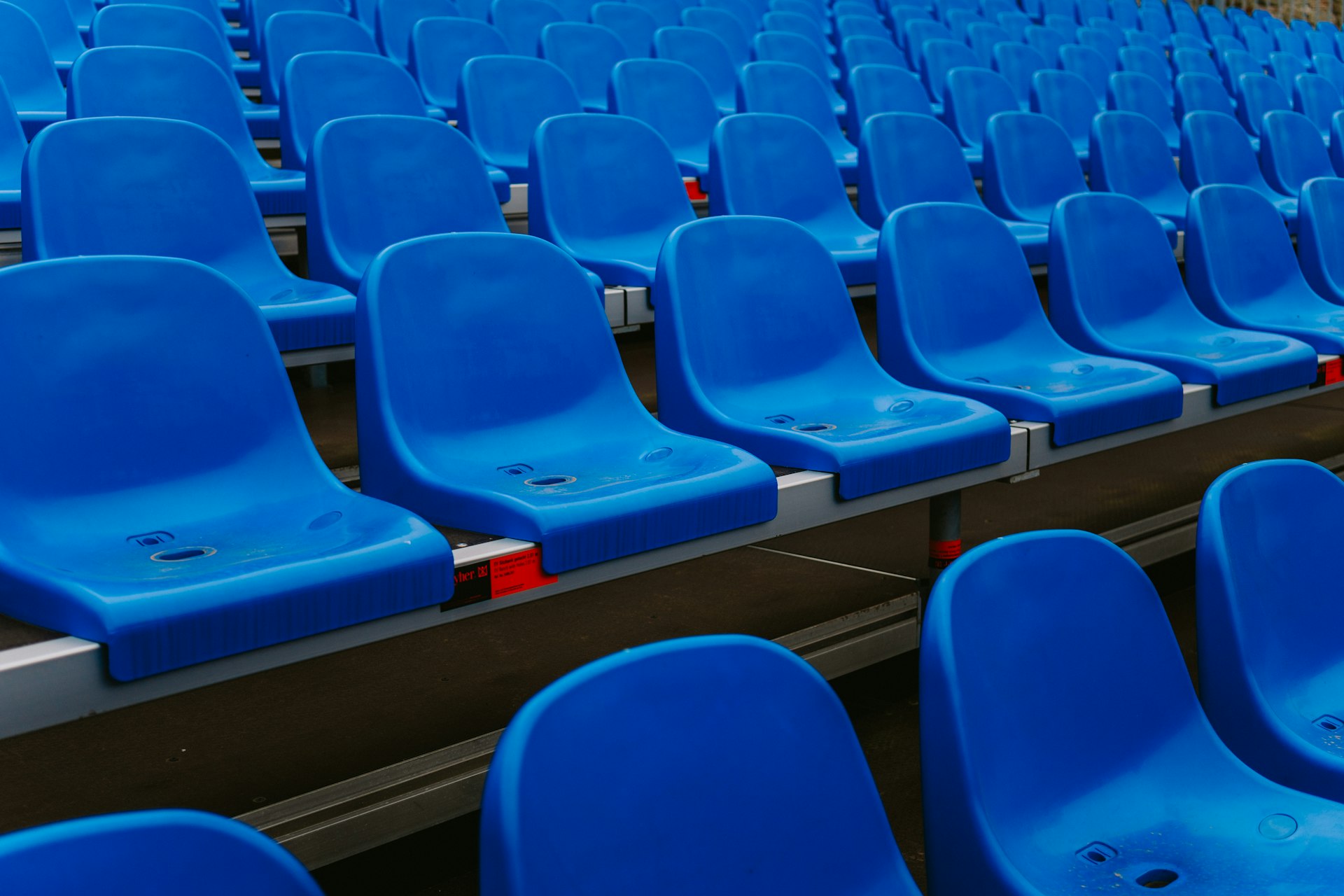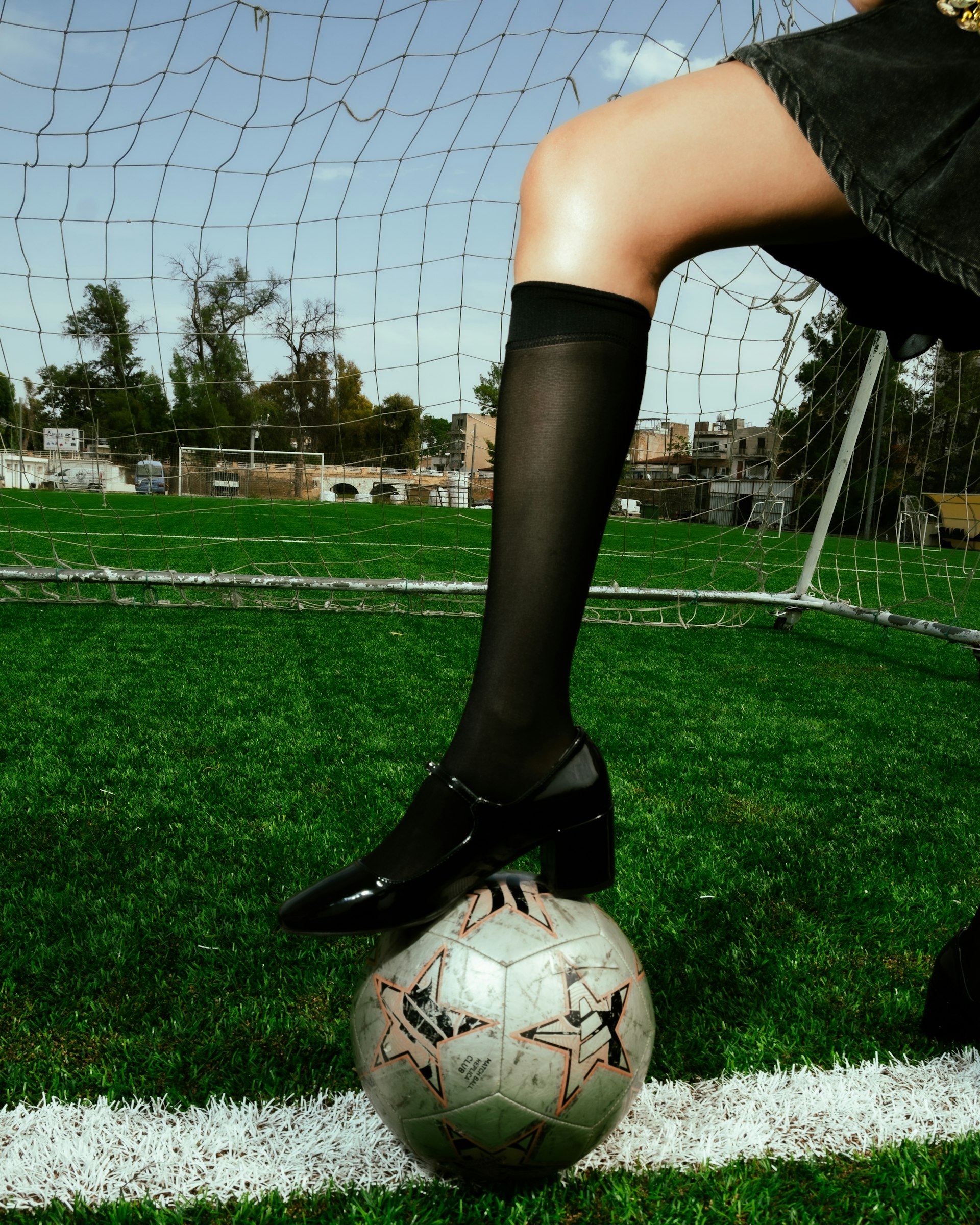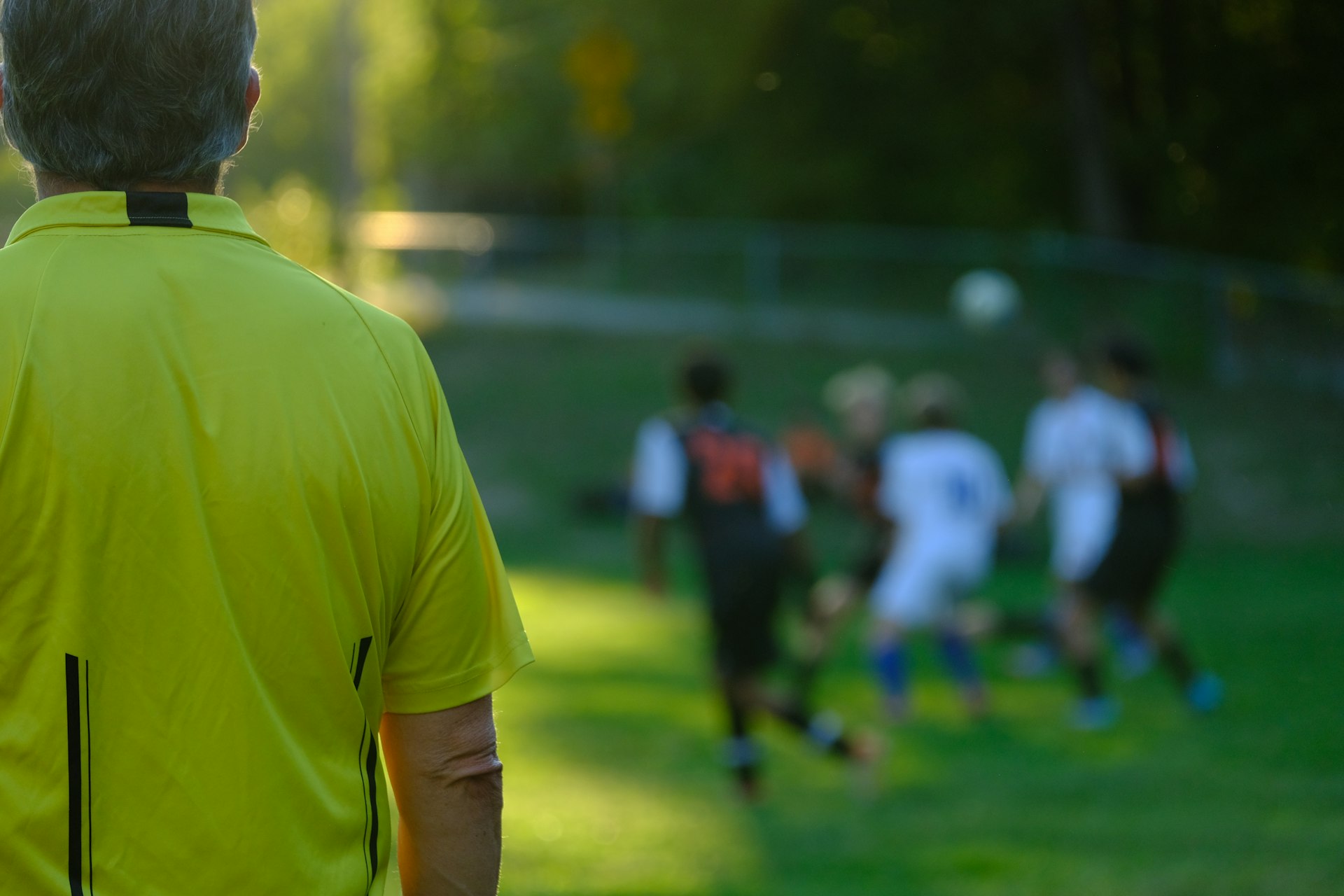How Sports Psychology Drives Effective Injury Recovery for Athletes

Photo by Amr TahaTM on Unsplash
The Critical Role of Psychology in Sports Injury Recovery
Injury is an inevitable part of an athlete’s journey, affecting not only the body but also the mind. While physical rehabilitation receives the most attention, ignoring the psychological component can jeopardize full recovery and hinder a successful return to sport. Experts highlight that the mind’s ability to adapt, cope, and regain confidence is just as crucial as the physical healing process. Understanding and addressing these mental aspects can determine whether an athlete returns stronger or remains limited by invisible psychological barriers [1] .
Understanding the Psychological Impact of Sports Injuries
Sports injuries often disrupt an athlete’s sense of identity, daily routines, and future ambitions. The emotional response to injury typically unfolds in stages:
- Denial and Shock: Initial disbelief or minimization of injury severity.
- Anger and Frustration: Irritation about physical limitations and lost opportunities.
- Bargaining and Depression: Attempts to accelerate recovery, often followed by sadness or fear about future performance.
These reactions are normal, but when unaddressed, they can lead to anxiety, depression, or a persistent fear of re-injury. Research has shown that athletes with higher levels of fear are significantly more likely to experience setbacks or re-injury. For example, one study found that athletes with high post-injury fear were 13 times more likely to re-injure themselves within two years of returning to sports [4] .
Key Psychological Factors Affecting Recovery
Several psychological factors can either hinder or support the recovery process:
- Fear of Movement and Re-Injury: This can delay physical recovery and increase risk of future injury.
- Depression: Often associated with worse outcomes, persistent pain, and higher complication rates.
- Self-Efficacy and Confidence: Strong belief in one’s ability to recover is linked to better rehabilitation adherence and faster return to play [5] .
- Athletic Identity: A high sense of belonging to one’s sport can motivate adherence but may also increase distress if return to play is delayed.
- Resilience and Optimism: Positive outlooks help athletes cope with setbacks and maintain motivation through recovery.
Recognizing these factors early enables tailored interventions that address both the emotional and practical challenges of injury recovery.
Effective Psychological Interventions in Injury Rehabilitation
Research supports several evidence-based psychological strategies to enhance the rehabilitation process:
1. Goal Setting
Setting realistic, measurable goals provides structure and motivation. Goals should focus not only on physical milestones but also on psychological achievements such as managing anxiety or rebuilding confidence. For best results, athletes should work with coaches, physical therapists, and, when available, sport psychology consultants to develop and update these goals throughout recovery [2] .
2. Positive Self-Talk
Replacing negative thoughts with constructive affirmations can help athletes maintain motivation and reduce fear. For example, shifting from “I’ll never get back to where I was” to “I am making progress every day” encourages perseverance during setbacks.
3. Mental Imagery
Visualization techniques allow athletes to mentally rehearse successful movements, which can boost confidence and prepare the mind for a safe return to play. Imagining performing drills, feeling strong, and executing movements correctly can bridge the gap between mental readiness and physical capability [3] .

Photo by Shelby Murphy Figueroa on Unsplash
4. Stress Management and Mindfulness
Techniques such as deep breathing, meditation, and mindfulness help athletes manage anxiety and stay focused on recovery. These practices can be integrated into daily routines and are proven to reduce stress levels, which in turn supports the healing process.
5. Social Support
Strong networks-including teammates, coaches, family, and healthcare providers-can provide encouragement, accountability, and practical assistance. Discussing fears and challenges with trusted individuals reduces isolation and helps athletes maintain a positive outlook.
Step-by-Step Guidance for Accessing Psychological Support
Access to sports psychology resources varies by location and organization, but there are several actionable steps athletes, parents, and coaches can take:
- Identify Available Resources: Ask your physical therapist, athletic trainer, or team doctor about mental health support options. Many rehabilitation centers have in-house or referral relationships with sport psychology professionals.
- Seek Professional Help When Needed: If anxiety, depression, or persistent fear interferes with recovery, consult a licensed mental health professional with experience in sports injury rehabilitation. For more serious issues, ask your provider or hospital about local mental health specialists or search for “sports psychologist near me” in reputable directories such as the Association for Applied Sport Psychology (AASP).
- Engage Your Support Network: Communicate openly with family, coaches, and teammates about your recovery goals and emotional state.
- Integrate Psychological Strategies into Rehabilitation: Work with your rehabilitation team to include goal setting, mental imagery, and stress management in your daily recovery plan. If your provider is unfamiliar with these techniques, share scholarly articles or request a referral to a specialist.
- Practice Self-Care: Prioritize rest, nutrition, and activities that boost mood and resilience. Monitor your emotional state and seek help early if you notice persistent negative feelings or lack of motivation.
If you are unsure where to turn, you can:
- Consult your primary care provider for referrals.
- Contact local hospitals or sports medicine clinics and inquire about psychological services for injured athletes.
- Search online for verified directories using terms like “certified sports psychologist” or “athlete mental health support.” Ensure any provider is licensed and has relevant experience.
Overcoming Common Challenges and Barriers
Many athletes hesitate to seek psychological help due to stigma or lack of awareness. It’s important to recognize that mental health is a fundamental part of overall well-being. Providers who feel unprepared to address psychological issues can benefit from peer recommendations or by connecting with local mental health networks. For minor motivational issues, physical therapists can offer valuable support and guidance. For more complex emotional struggles, prompt referral to a qualified mental health professional is key [4] .
Some athletes may encounter limited access to specialized care, especially in smaller communities. In such cases, telehealth services or virtual support groups can be a practical alternative. The Association for Applied Sport Psychology (AASP) offers a directory of certified consultants throughout the U.S., which can be found by searching for “AASP certified consultant directory.” Always verify credentials and experience before engaging any provider.
Alternative Approaches and Additional Resources
In addition to traditional interventions, some athletes benefit from integrating complementary methods such as:
- Journaling: Tracking thoughts and progress can identify patterns and boost motivation.
- Peer Support Groups: Sharing experiences with others facing similar challenges provides encouragement and practical tips.
- Online Education: Many universities and sports organizations publish free resources on sports psychology and injury recovery. For the latest research and guidance, consult academic databases or request recommendations from your rehabilitation team.
Remember, each athlete’s journey is unique. Psychological support should be tailored to individual needs, preferences, and level of competition.
Key Takeaways
Sports psychology is a vital component of injury recovery, influencing not only how quickly an athlete returns to sport, but also the quality and sustainability of their performance. By addressing both the mental and physical challenges of recovery, athletes can overcome fear, rebuild confidence, and achieve a more complete return to play. If you are an athlete, parent, or coach seeking support, begin by speaking with your healthcare provider, exploring local and virtual resources, and integrating proven psychological strategies into your rehabilitation plan.
References
[1] FunctionSmart (2023). The Mental Game of Injury Recovery: Overcoming Fear and Building Confidence.
[4] Boston Children’s Hospital (2023). The psychology of sports injuries and recovery.
[5] Tranaeus, U. (2024). 50 Years of Research on the Psychology of Sport Injury. Sports Medicine Open.



